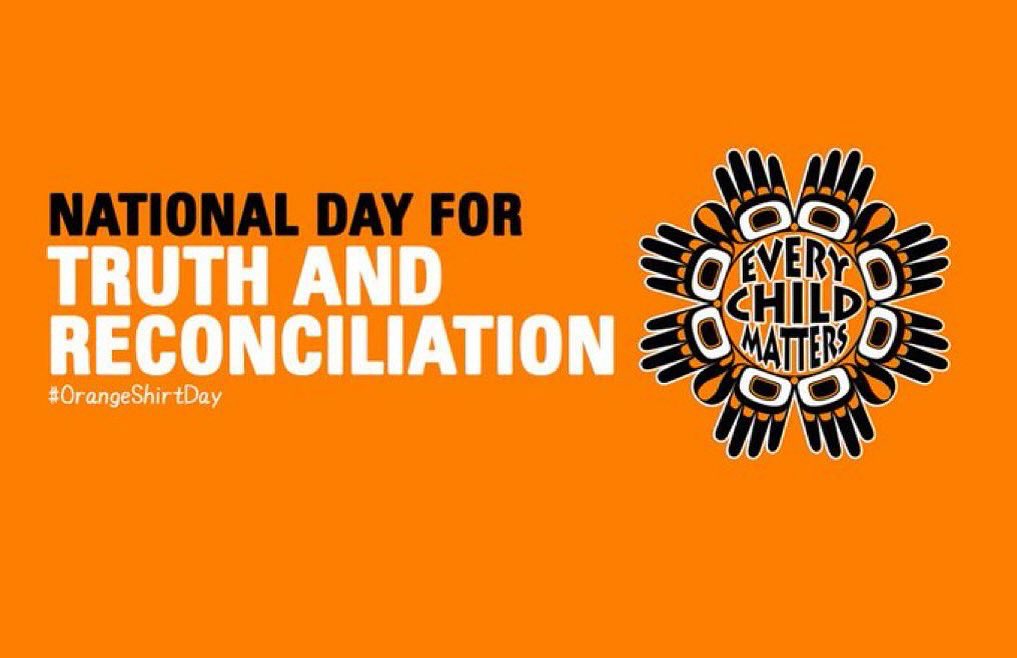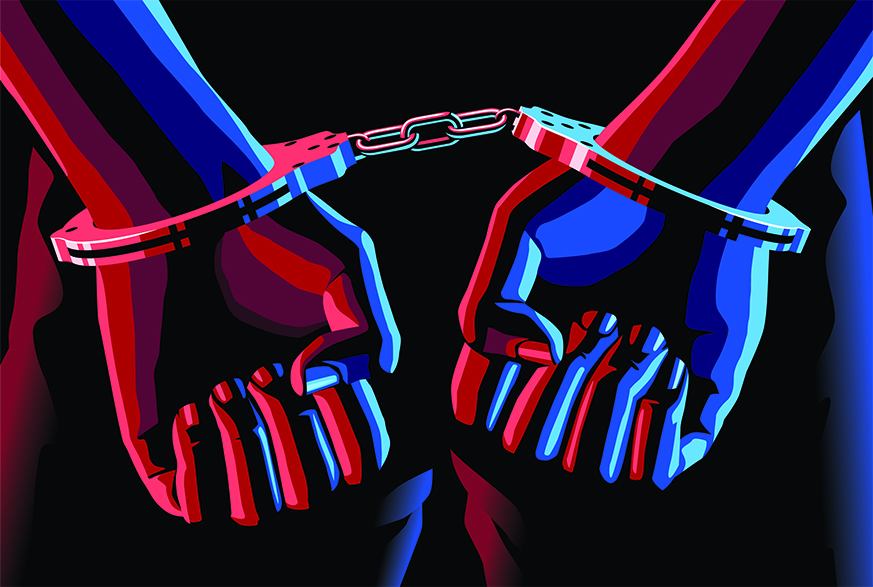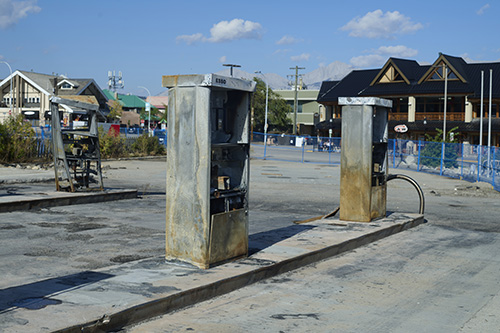In a bold move aimed at addressing the ongoing harm caused by residential school denialism, NDP MP Leah Gazan has introduced a bill to criminalize the act of denying, condoning, or downplaying the atrocities of Canada’s residential school system. This new legislation seeks to add provisions to the Criminal Code that would make it illegal to promote hatred against Indigenous Peoples by dismissing the suffering experienced by survivors and their families.
The bill is seen as a significant step forward in the country’s efforts toward truth and reconciliation, focusing on protecting Indigenous communities from ongoing harm caused by misinformation and denial. Gazan, a prominent advocate for Indigenous rights, explained that the bill would be a powerful tool to help survivors heal from the “intergenerational tragedy” of residential schools and to ensure that their experiences are respected and believed.
Addressing the Harm of Residential School Denialism
Residential schools, which operated in Canada for more than a century, were a central element of the federal government’s assimilation policies. Over 150,000 Indigenous children were forcibly taken from their families and placed into these schools, where they were subjected to physical, emotional, and sexual abuse. The goal of the schools was to extinguish Indigenous cultures, languages, and ways of life—an act that many today acknowledge as cultural genocide.
For many survivors, the trauma inflicted by these schools has lasting impacts, not only on them but also on their descendants. These intergenerational effects have contributed to ongoing challenges within Indigenous communities, including struggles with mental health, poverty, and the loss of cultural identity. Despite the well-documented abuse and the Truth and Reconciliation Commission’s findings, there are still individuals who deny the scope and severity of the atrocities.
Gazan argues that this denial is a form of hate speech that causes further harm to survivors and their communities. “If the government is truly committed to reconciliation,” she said, “it needs to ensure that survivors are protected from the harmful effects of denialism, which perpetuates the same colonial violence that residential schools inflicted on Indigenous peoples.”
Healing Through Accountability
The bill, if passed, would give legal backing to efforts to combat hate speech directed at Indigenous communities by those who deny or minimize the legacy of residential schools. According to Gazan, this is essential to allowing survivors and their families to move forward with the healing process. She emphasizes that parliamentarians must stand firm in defending the truth and countering any attempts to discredit the stories of those who endured abuse in the schools.
An estimated 6,000 children died in residential schools, though experts suggest the true number could be much higher. The discovery of unmarked graves at former residential school sites has brought these tragedies back into the public eye, reigniting calls for justice and accountability.
The proposed legislation follows a broader trend in Canadian politics, where increased focus is being placed on reconciliation and addressing historical wrongs against Indigenous peoples. Supporters of the bill believe that criminalizing denialism is a necessary step toward safeguarding the truth and upholding the dignity of survivors.
A Step Toward Reconciliation
If passed, this bill would be one of the first in Canada to specifically target the denial of residential school atrocities. It is seen as part of a wider push for meaningful action in the reconciliation process, ensuring that history is not rewritten or forgotten.
For Chestermere and surrounding communities, the implications of this bill extend to broader conversations about understanding and acknowledging Canada’s colonial history. As part of the national dialogue on reconciliation, it is important for all Canadians to engage in respectful, informed discussions about the past, and support the healing of Indigenous communities moving forward.
NDP MP Introduces Bill to Criminalize Residential School Denialism

Bill Aims to Combat Hate and Protect Indigenous Communities
In response to Canada's Online News Act and Meta (Facebook and Instagram) removing access to Canada's local news from their platforms, Anchor Media Inc encourages you to get your news directly from your trusted source by bookmarking this site and downloading the Rogue Radio App. Send your news tips, story ideas, pictures, and videos to info@anchormedia.ca.








